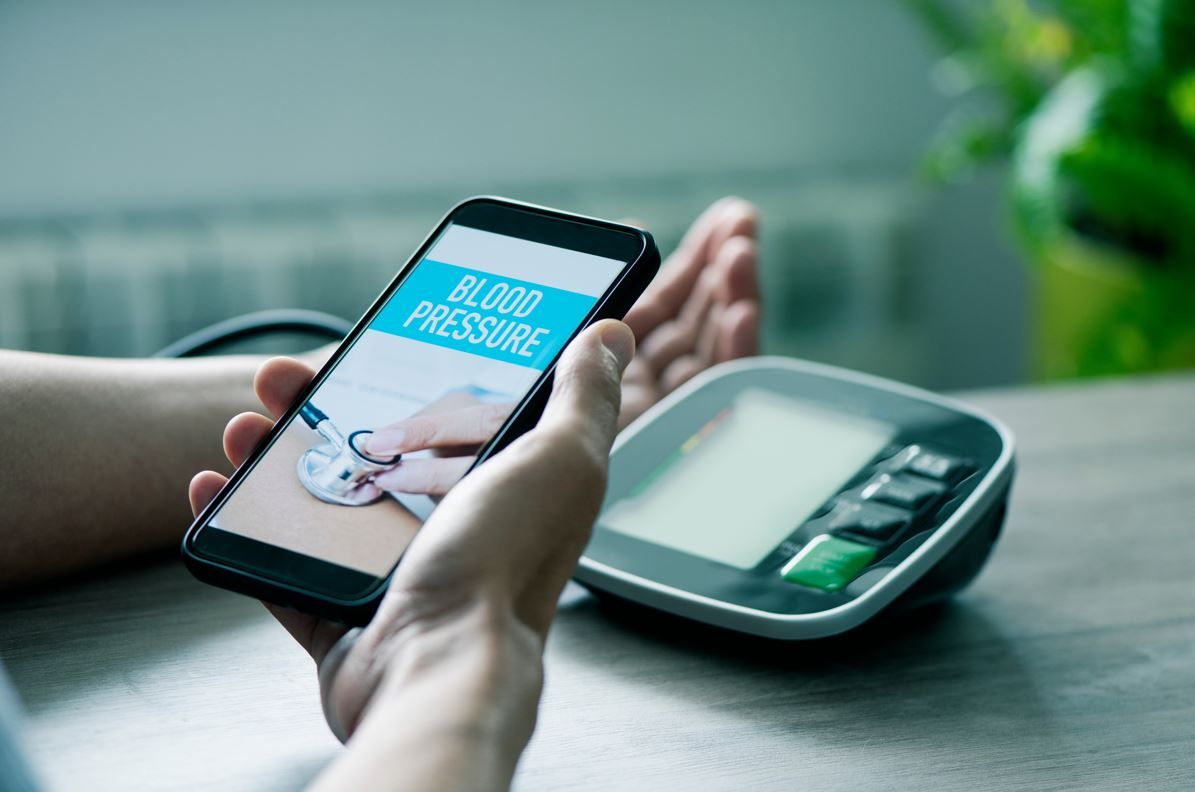- Clinical Technology
- Adult Immunization
- Hepatology
- Pediatric Immunization
- Screening
- Psychiatry
- Allergy
- Women's Health
- Cardiology
- Pediatrics
- Dermatology
- Endocrinology
- Pain Management
- Gastroenterology
- Infectious Disease
- Obesity Medicine
- Rheumatology
- Nephrology
- Neurology
- Pulmonology
Remote Bilingual Program Proves Effective in Controlling Blood Pressure in Underserved Population
New research presented at Hypertension 2023 showed a novel digital bilingual hypertension control program improved BP control rates by more than 30%.

A novel digital bilingual hypertension (HTN) control program improved blood pressure (BP) control rates by more than 30% in a real-world, underserved population, according to new research.1
Findings presented at the American Heart Association’s (AHA) Hypertension Scientific Sessions 2023 also showed that participants using the Spanish-language version of the monitoring program had better improvement in BP control than those who used the English-language version.1
“Although medication to treat hypertension is effective, blood pressure has been historically challenging to control because patients need to make significant lifestyle and behavioral changes, too,” said lead author Irina Yermilov, MD, MPH, MS, chief medical officer at CAREMINDr, a remote patient care company, in an AHA press release.2
Yermilov and colleagues conducted the current study to evaluate the effects of a digital HTN management program on BP control at 54 Federally Qualified Health Centers (FQHC) in 13 US states. Patients who did not have them were provided with home BP monitors. Using a digital phone app, patients submitted their BP readings and responses to questions about medication adherence and potential side effects of medication either daily or weekly in English or Spanish. The responses were prioritized for further action by clinicians by level of concern, according to the study abstract.1
Health care professionals at the clinics reviewed the data via a web-based portal in real-time and provided coaching or treatment changes to participants. Researchers analyzed first and last systolic and diastolic BPs of patients who participated for ≥90 days (range 90-721 days) and considered a BP of <140/90 mmHg to be controlled.1
A total of 2500 patients (38.6% men; mean age, 53.9 years) from 43 FQHCs were included in the study.1 The average length of participation was 227 days.2
Among the cohort, 30.7% (n=768) had controlled BP at enrollment and 61.2% (n=1529) demonstrated a final controlled BP measurement. In patients with an initial uncontrolled BP, 55.4% (959 of 1732) demonstrated a controlled final BP, according to the abstract.1
The Spanish language version of the app was used by 551 participants, among whom 35.2% (n=194) and 70.4% (n=388) had controlled BPs on initial and final measurements, respectively. Moreover, of Spanish-speaking participants with initial uncontrolled BP measurements, 66% (235 of 356) achieved controlled final BP measurements.1
“We were surprised that more than 50% of participants in the program were able to attain blood pressure control. These results indicate combining the remote digital monitoring capabilities of the app with feedback from clinicians can improve rates of blood pressure control in a real-world, at-risk population, without increasing the overall cost of care,” stated Yermilov. “This digital management program has the potential to improve outcomes and decrease rates of uncontrolled blood pressure, leading to fewer heart attacks and strokes.”2
According to the AHA release, investigators plan to conduct future studies to evaluate which individual characteristics of the HTN control program may be the driving factors that improve BP control. Limitations to the study include the fact that the results from the study populations may not be generalizable to broader groups and a control group was not included.2
References:
1. Yermilov I, Coatney R, Soza H, Anderson K. Efficacy of a patient-engagement platform in reducing uncontrolled hypertension in community health clinics. Abstract presented at: Hypertension Scientific Sessions 2023; September 7-10, 2023; Boston, MA.
2. 1 in 2 patients had better blood pressure control after using remote, bilingual program. American Heart Association. News release. September 7, 2023. Accessed September 12, 2023. https://newsroom.heart.org/news/1-in-2-patients-had-better-blood-pressure-control-after-using-remote-bilingual-program
